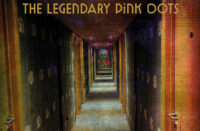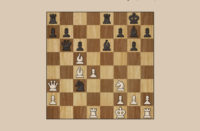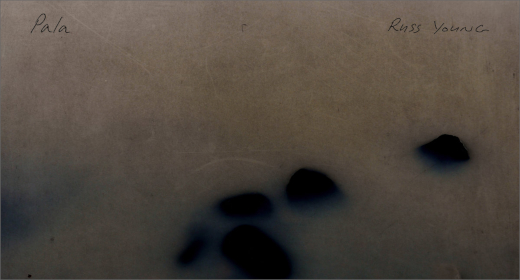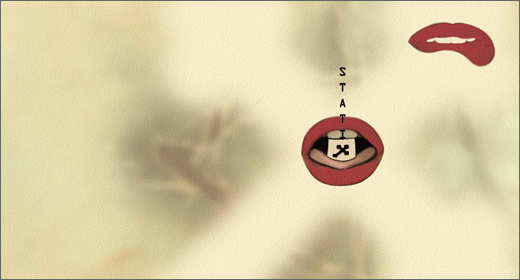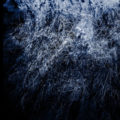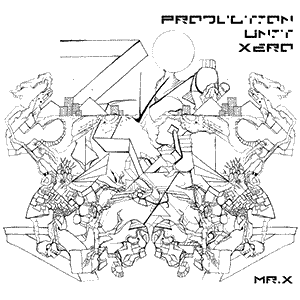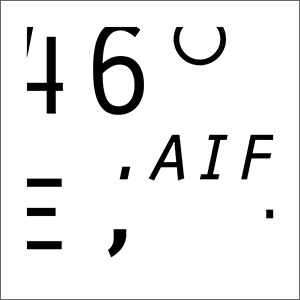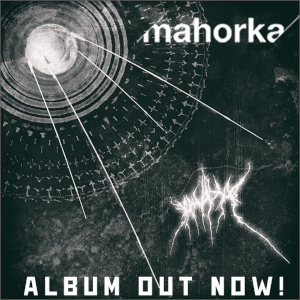Russ Young is easing the loneliness of loss by filling the space between me and myself, and so when I hear that grandfather clock, I click the spiraling repeat arrows in iTunes and give Common Pond another moment of my life.
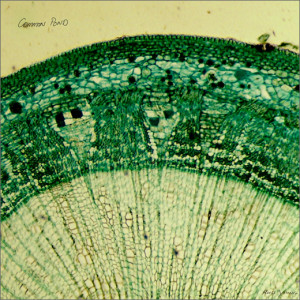 I thought I had some conception of real problems, and maybe I still don’t. I don’t have cancer, no human close to me has ever died, I’ve never broken a bone. I’ve never been mugged, or raped—never had to actually choose between safety and morality. My experience with fight or flight is in a social context. But I have felt pain, more recently than ever before in my memory. I have had to hurt someone to advance myself, and said advancement is still laden with risk. Sliding through the ocean of nettles of the last few months, Hiroko unhappy with the kind of man I am but trying to love me, me unable to love myself. Then and now, her to me a question mark stick-and-poke on an internal cavity: it has been a moment of losing. Of loss. Of lost-ness. Family is losing its meaning as a source. Instead it seems to be becoming something I must create, but now aware that marriage is incompatible with me, I’m floating without anchor in the matrix of my own life.
I thought I had some conception of real problems, and maybe I still don’t. I don’t have cancer, no human close to me has ever died, I’ve never broken a bone. I’ve never been mugged, or raped—never had to actually choose between safety and morality. My experience with fight or flight is in a social context. But I have felt pain, more recently than ever before in my memory. I have had to hurt someone to advance myself, and said advancement is still laden with risk. Sliding through the ocean of nettles of the last few months, Hiroko unhappy with the kind of man I am but trying to love me, me unable to love myself. Then and now, her to me a question mark stick-and-poke on an internal cavity: it has been a moment of losing. Of loss. Of lost-ness. Family is losing its meaning as a source. Instead it seems to be becoming something I must create, but now aware that marriage is incompatible with me, I’m floating without anchor in the matrix of my own life.
I’m suspended in a foam. Near me, or behind me the field has solidified, sharpened like a meringue cookie, but holding a bitter warning. Ahead of me the field is dense. Strands of white sway together and separate incomprehensibly. The cylindrical brush of a car wash comes to mind in its weighty rhythm. Common Pond by Russ Young shares this rhythm. The field of Common Pond, as well as my own is comprised of a history of observation, of things found and remembered. This collage, impressive in its realism must be specific to the life of Russ Young, but a realistic depiction of life is never specific as we’ve all been bored, heard sirens, metal grinding; everybody poops. And thus Common Pond to me has been an endeared, compassionate voice, another life’s three dimensional record in dust and time and found things.
Found things: By the freeway rusted buses lined up under a building topped with a cross and the words dream hotel. At coffee and Tansu finally feels as warm as she’s always seemed, panning up from her a middle-aged and an elderly woman; maybe mother and daughter, caregiver and care-recipient or lovers pass by, hand in hand. Both have lips that have listed down their chins in age like silly-putty. And this day was only half complete. A grueling hour on the 405 Freeway with sex on my mind, then into the foam of Torrance, grey and unromantic like plowed snow, and Jason is complaining as usual. Dan wants to feel the mushrooms he ate, but he seems to be expecting them to change his mood for him, and he’s sat in front of a slasher movie—a recipe for disaster.
These moments occurred among me today, but I know that after I sleep, when I remember this day it will not return as a neat chronology in single file but more as a sort of soup. I wish there was some way for me to distill days like this in a way that doesn’t alter them. I wish the drawings that I make didn’t have to be posed, that I could depict the foamy matrix of what I cherish in my memory just as it is. Well, after hearing the album a couple dozen times, I feel that Russ Young has achieved this sort of ambient journalism with Common Pond.
To put it another way, every once in a while I find myself repeating the words 交じってさあ (majitte saa) which means uhh mix. It has no meaning, but keeps popping up like a bit of carrot in a boiling pot, and when it goes back down into black, I can be assured that 交じってさあ will return in kind. There is something innate to me about this combination of words, and so I find myself muttering them when I’m cooking, or in traffic. After years there is comfort there. I assume that everyone has personal markers such as this. Pieces of their own past that have somehow become dislodged from their source, a twist of language, a specific tone or a smell; a sensation. And as a historical reference it no longer has a use, but as a point of contact between yourself and your past, these fragments of time are reassuring.
Common Pond is a point of contact between one man and his own life. We can be assured that Russ Young knows the pavement of “Hewson Road,” the acoustics of the “Belmont Transmitter,” has spent a long hour at “Phil’s House.” He touched these things, these places, and his microphone received them as they were at that specific moment in time, now lost forever. And in spite of a lack of direction, in spite of the recordings indeed having this feeling of being lost in time, I did not find frustration or dissatisfaction in them. Instead there is an honest sort of serenity. It has been a boon to me. Because they are alive, they have an identity. And life and identity, at least put one way, are a foam. An interminable foam unlit but without the need for light, extending behind you in untraversable milestones and ahead, soft but bewildering ground waiting to be cleft. Russ Young has achieved this feeling with his album and to me it has been the murmur of a force both indifferent and familiar.
I’ll have to go beg Mark tomorrow for another advance on pixel art to be done so that I can make rent. I’ll have to sort out my health insurance. I have several unpaid parking tickets and a long overdue student loan. Certainly enough infractions for a warrant, if not from the police, then god. And I will have to pay. As each song and album must end, there are delineations within each man’s foam. Reality is not completely a creative effort, but a collaborative effort between necessity and perception. The great grand grandfather clock chimes on “Observatory Roof,” and we know that the album will end soon. If you feel lost and fragile, try Common Pond. If you find comfort in dirt, in flaws or realism, try Common Pond. If you think of history as comprised of what mattered to her, then, at that moment, try Common Pond. To me, now, at this moment, Russ Young is easing the loneliness of loss by filling the space between me and myself, and so when I hear that grandfather clock, I click the spiraling repeat arrows in iTunes and give Common Pond another moment of my life.
Common Pond is available on Audiobulb.







